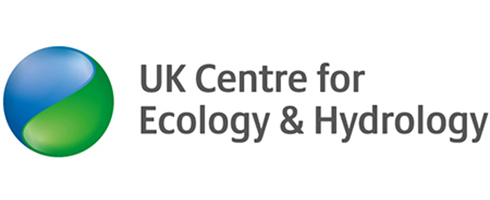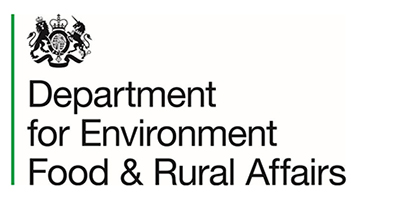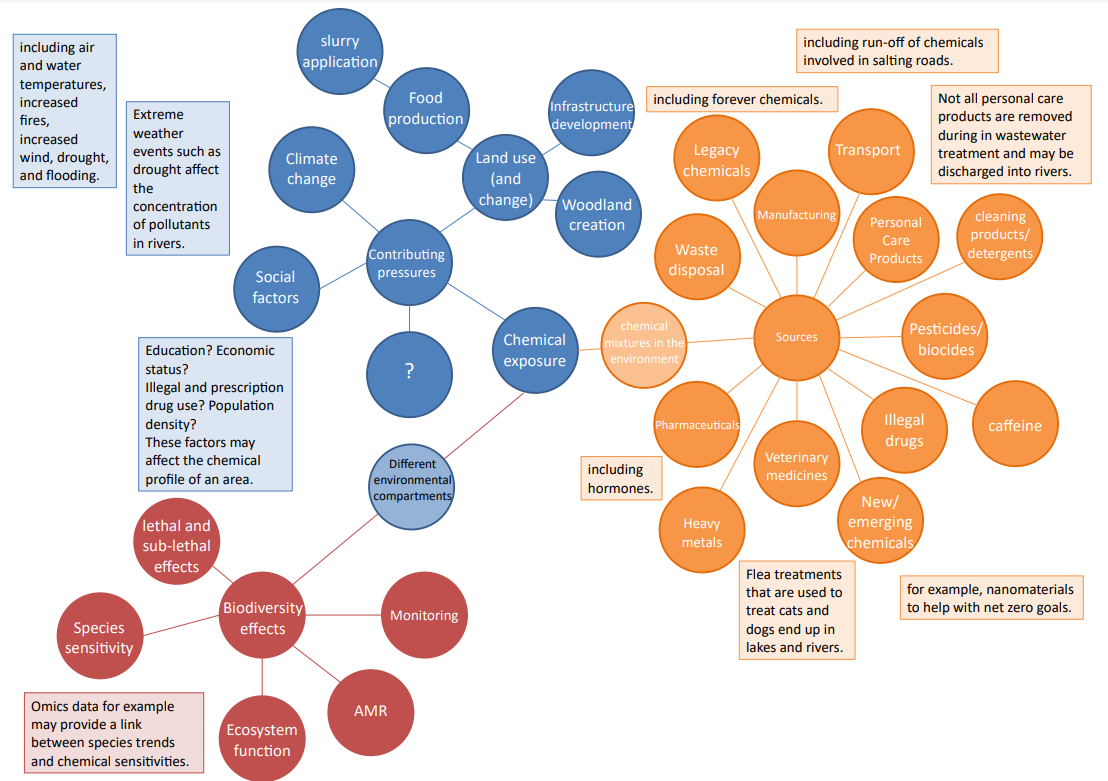Hundreds of thousands of chemicals are used regularly in the UK, in commercial and domestic settings. Many of these chemicals are beneficial to everyday life, but some make their way into the environment and have adverse effects on nature. JNCC are working in partnership with the UK Centre for Ecology and Hydrology (UKCEH) on the Defra-funded System Level Indicator (SLI) project. The SLI project aims to develop a tool that will visually communicate the state of the environment in the UK in relation to chemical pollution.

There is a large volume of data available relating to chemicals in the environment and their effects on biodiversity. Currently, this data is collected and stored for specific purposes, such as reporting against the Water Framework Directive or for specific monitoring schemes. This means that the data is usually considered separately - kept in different locations, stored in different formats, and processed to varying extents. By integrating this already available data so that it can be visualised together, we can improve our knowledge of chemical pollution in the UK and the overall state of the environment (Figure 1).
Figure 1. Visual representation of how data integration will improve our understanding of the effects of chemical pollution on the environment. Image © JNCC
Project Aims
The SLI project aims to integrate existing data and build a tool to visualise it in a way that is simple to understand, showing the state of the environment in the UK in relation to chemical pollution. The SLI tool will allow users to interrogate the data and look at multiple data layers simultaneously to investigate their own areas of interest.
This initial phase of the project ran from 2023-2025 and showed proof of concept. The current phase of the project runs from 2025-2026 and aims to build on the proof of concept, incorporating new datasets and increasing the tool’s functionality, including development of a State of the Environment Indicator.
Project Team
JNCC is leading this Defra-funded project, in partnership with UKCEH.

JNCC is leading on project management and stakeholder engagement.

UKCEH is leading on data collation & integration and tool development.

As funder, Defra is providing governance and quality assurance.
Systems Thinking

Figure 2. The range of data areas being considered for inclusion in the tool. Image © JNCC
This project takes a holistic or systems approach because there are many factors that influence the use of chemicals and their distribution in the environment (Figure 2). There are also contributing pressures such as climate change, which influence the effect of chemicals in the environment. The amount of a chemical alone does not tell us much about the effect it’s having on the environment. Integrating the data from the different components of the system will improve our understanding the state of the environment as a whole, and help to prioritise interventions and management options to further nature recovery.
Stakeholder Engagement
Alongside data collation and tool development, we are engaging with a wide range of stakeholders with different areas of expertise from across government, academia, research organisations, industry, and NGOs.
During the first phase of the project (2023-25), engagement included semi-structured interviews to inform case studies, four stakeholder workshops that included live demonstrations of the SLI visualisation tool, and a Delphi survey. Delphi surveys are a method of reaching consensus between experts using a series of anonymous questionnaires, and in the SLI project they were used to gather expert opinion on which factors contribute most to the effects of chemicals on the environment.
In 2025-26, there will be further stakeholder engagement to inform data collation. A stakeholder workshop will be held in early 2026 to provide a project update and gather feedback on the progress made so far.
Upcoming Work
- Data collation and tool development will continue, expanding the range of data included and enhancing tool functionality. A key aspect of this will be creating a functional State of the Environment Indicator.
- Stakeholder engagement will continue, including a stakeholder workshop in early 2026.
- There will be a period of quality assurance before the end of this phase of the project in June 2026.
Get in Touch
If you are interested in finding out more or attending a future workshop about the project please contact us.
Categories:
Published:
